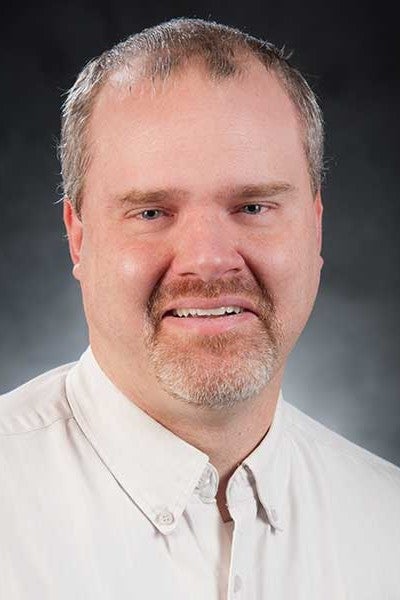Chemistry Seminar
Friday, October 8 at 1:30 PM via ZOOM
Will Titan help us understand how life evolved?
Dragonfly is NASA’s most recently selected planetary mission. Its science is prebiotic chemistry, habitability, and a search for chemical biosignatures on Saturn’s huge moon Titan.
Titan’s draw derives from its status as an Ocean World. Like Europa, Enceladus, and potentially other icy outer solar system objects, Titan sports a liquid water ocean beneath its icy outer crust. But unlike those sister Ocean Worlds, Titan’s surface and atmosphere contain a large quantity and complexity of carbon compounds: an organic chemist’s paradise. When liquid water develops transiently on Titan’s surface — either from cryovolcanism or impact melt — water mixes with that surface organic material. Dragonfly will explore the chemistry of the resulting mixture at 80-km-diameter Selk Crater where that water, though now frozen, shows pathways for prebiotic chemistry that may resemble the process through which life formed on Earth 4 billion years ago.
In my colloquium, I will discuss the specific scientific experiments that the Dragonfly lander will enable, as well as the instrumentation and exploration strategies that the science team will use to answer our science questions once we land by 2034.
About the presenter

Professor Jason Barnes
Department of Physics
University of Idaho
Barnes studies the physics of planets and planetary systems. He uses NASA spacecraft data to study planets that orbit stars other than the Sun and the composition and nature of the surface of Saturn’s moon Titan. He is Deputy Principal Investigator on the Dragonfly NASA space mission, which will land a robotic rotorcraft on Titan in the mid-2030s. He received his undergraduate BS degree from Caltech in Astronomy in 1998 followed by a PhD in Planetary Science in 2004 from the University of Arizona. He has worked with NASA’s Cassini and Kepler missions.
Friday, October 8
1:30 – 2:20 PM
Zoom ID: 918 2144 6068
Password: BroncoChem
More info on the Dragonfly Program
Check out the Real Engineering video on YouTube.
Read NASA’s 2019 Release
NASA’s Dragonfly Will Fly Around Titan Looking for Origins, Signs of Life